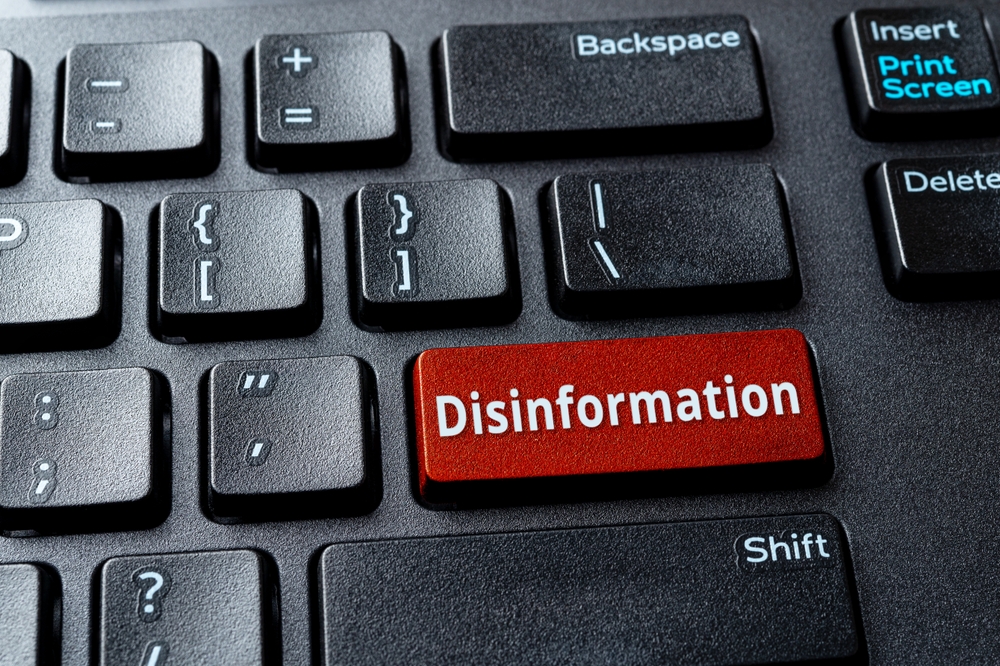
Critical Thinking in the Age of Technology and Disinformation
Convenience and accessibility are two defining characteristics of today’s digital age. Thanks to the advancement of technology, you can now search for information and find answers to your questions by pressing a few buttons. It’s also much easier to stay connected with others through social media platforms or other similar sites.
But with content and information so readily available today, fake news and disinformation have become rampant. Now that it’s become more difficult to identify fact from fiction, it’s more important than ever to apply critical thinking for quality assurance management and proper decision-making. Otherwise, you’ll easily fall prey to rumors, half-truths, or straight-up lies.
Learn more about business and development, get in touch with us for consultation.
We take compliance support and cyber security seriously.
Contents
Effect of Technology on Critical Thinking
As the common saying goes, technology is a double-edged sword—and the same idea applies to critical thinking.
On the one hand, technology has opened the door to new ways of learning. For example, games and simulations help students apply their knowledge to real-life situations, make sound judgments, and develop problem-solving skills. Outside the classroom, social media allows you to connect with people from around the world. This broadens your perspective and helps you gain more cultural sensitivity.
But on the flip side, technology also comes with risks that can dampen your critical thinking skills. One study in 2011 found that people tend to recall information less if they knew they’d be able to find it in the future. In a way, they’ve become over-reliant on the Internet to provide them with whatever information they need, making them less critical.
Get to know ABOUT dasg and how we can help you.
Importance of Media Literacy in the Age of Disinformation
Nowadays, you’re surrounded by news and information from all types of media. While these all help you stay updated with what’s happening in the world, you must be extra cautious about whatever you read online. So this is where media literacy comes in.
Media literacy is the ability to understand and analyze all forms of content you consume on media. It’s about knowing how to identify reliable sources and filter through all the information to know what’s true and what’s fabricated. Having this skill is especially important today as you’ll constantly find things like clickbait, propaganda, and misleading headlines everywhere.
Specifically, media literacy is essential because it helps you:
- Develop Critical Thinking Skills
Knowing how to evaluate media helps you think more critically and determine the accuracy of information. With media literacy, you won’t immediately trust everything you read. Instead, you’ll verify the source and cross-check your data to ensure its validity, effectively improving your judgment and widening your knowledge.
- Eliminate Biases
Everyone has personal biases and stereotypes, which may be influenced by experience or other factors. While it’s normal to have these, they can affect the way you interpret information and limit your perspective. As such, media literacy helps you eliminate these biases by analyzing data more objectively.
How to Spot Disinformation
Ultimately, the best way to combat misinformation is to know how to spot it in the first place, so you can avoid spreading fake news. While this can be tricky to do, here are a few tips that can help you out:
- Verify the source or poster
Start by verifying the source of the post you read. If you found it on social media, check the poster’s profile and posting history to ensure they aren’t a bot or spam account. Or, if you’re looking at a website, check the reputation of the source by looking at other pages like history, mission, or contact information.
- Check other sources
Another thing you can do is look for other sources that have covered the same story. Credible agencies and news organizations have stringent fact-checking measures in place, so you can check if their information aligns with what you’ve read.
- Read beyond the headline
It’s easy to get caught up with sensational headlines, so always remember to read the whole story before trusting anything. If the story sounds exaggerated or unrealistic, don’t hesitate to cross-check the information with official statistics or other reliable sources.
Tips to Improve Critical Thinking Skills
Critical thinking is an essential skill for everyone, whether for studies, business development, or other matters. So to help you improve in this aspect, here are a few tips to keep in mind:
- Be more self-aware of your beliefs and values
- Consider many points of view
- Practice active listening
- Ask questions whenever possible
- Do research and gather additional information if needed
Work with Professionals to Create Long-Term Value For Your
It’s understandably difficult to wade through content in this age of disinformation. So if you need help making informed decisions for your business, dasg is here to give you contracting assistance and advice. With over 75 years of experience in the defense acquisition industry, you can trust our credibility and expertise for quality assurance management. Get in touch with us today at (629) 205-9003.
Want to explore more options? Read more articles on succeeding your business with dasg;
Cybersecurity Threats to Businesses



